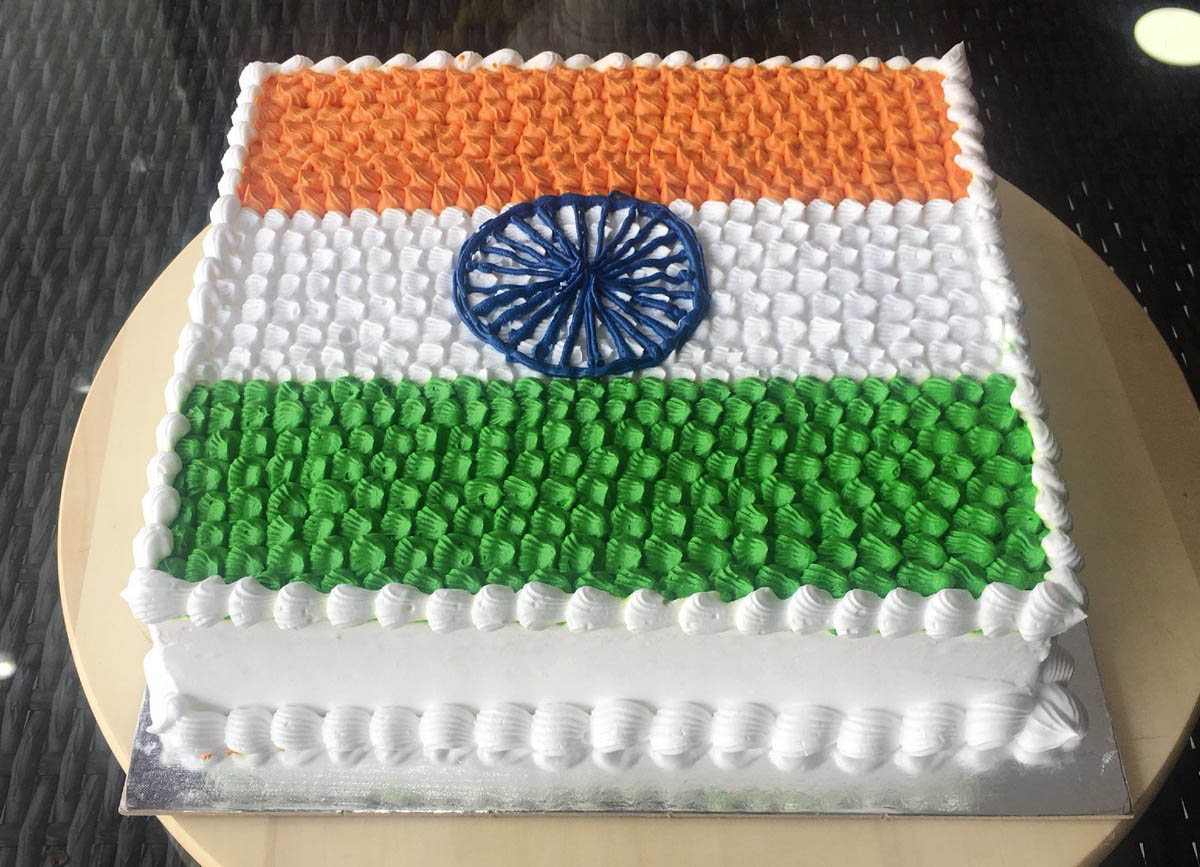
The Madras High Court has held that the representation of the Indian National Flag on a cake and the cutting of the same does not amount to an offence under Section 2 of The Prevention of Insults to National Honour Act, 1971.
Justice N. Anand Venkatesh explained that there is no doubt that nationalism in a democracy like India is vital but, “hyper and surfeit adherence to it goes against the prosperity of our nation from all its past glory.”
He referred to the great jurist, late Mr. N.A. Palkhivala who had pointed out, “We commenced with one priceless advantage, namely, 5000 years of civilisation behind us, a civilisation in the words of Ralph Waldo Emerson ‘reached the summit of human thoughts’.”
Justice Venkatesh further emphasised, “A patriot is not one who only raises the Flag, symbolises his national pride and wears it on his sleeve, but also, a person who bats for good governance. The symbolisation of national pride is not synonymous with patriotism, just like how cutting a cake is not unpatriotic.”
The respondent had complained about the manner in which the Indian National Flag was portrayed in a public function and submitted that the participants had deliberately disrespected the National Flag by cutting it in the form of a cake, amounting to an offence under Section 2 of the Prevention of Insults to National Honour Act.
Section 2 of the act lays down that “Whoever in any public place or in any other place within public view burns, mutilates, defaces, defiles, disfigures, destroys, tramples upon or 1 [otherwise shows disrespect to or brings] into contempt (whether by words, either spoken or written, or by acts) the Indian National Flag or the Constitution of India or any part thereof, shall be punished with imprisonment for a term which may extend to three years, or with fine, or with both.”
However, the Single-judge Bench of the High Court observed that patriotism is not determined by a gross physical act. “The intention behind the act will be the true test, and it is possible that sometimes the very act itself manifests the intention behind it,” noted the court.
Justice Anand Venkatesh also questioned rhetorically, “Will they be feeling great pride in belonging to this great nation, or would the pride of India have come down on the mere cutting of a cake during the celebration?”
Accordingly, the petition to quash the criminal proceedings against the accused was allowed.
The judgement may be read here:
Related:
Hindu Nationalism: From genesis to present ruling dispensation
CAA is unconstitutional as it distinguishes on the basis of religion: Justice V.G Gowda